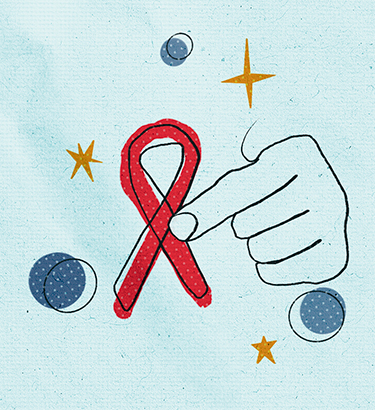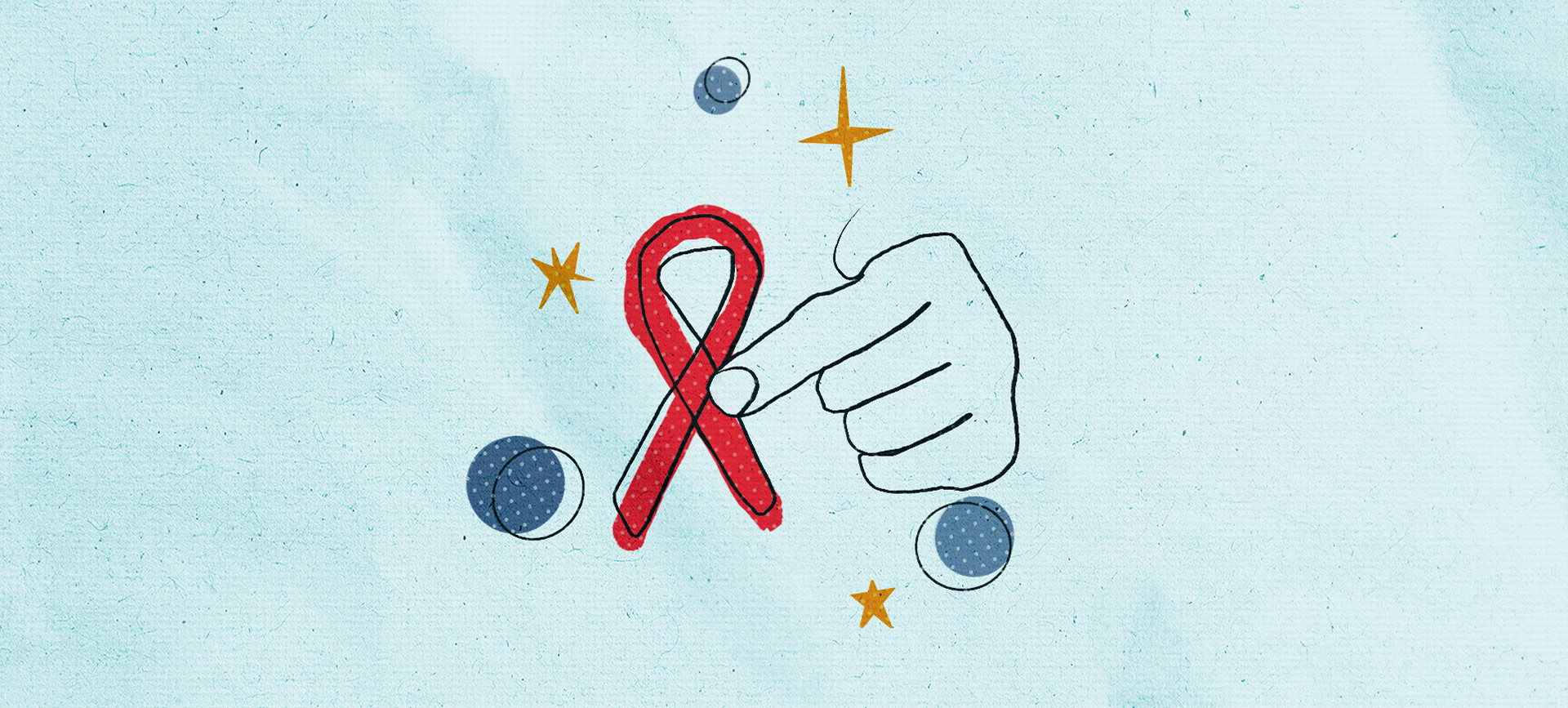As HIV/AIDS Awareness Month comes to a close, along with the 21st year of the 21st century, it's nice to step back and celebrate the many advancements that have been made with regard to HIV.
There's no apt metric or description to explain the suffering that has been avoided and mitigated as a result of new medications, new advances in screening, and even the subtle and sometimes too-slow improvements in public discourse and perceptions surrounding HIV and AIDS.
But as we look backward and celebrate our progress, we should still recognize the progress left to achieve. HIV and AIDS still impact the entire world, as well as large swaths of people, right here in North America. If we want to eliminate HIV as a constant public health concern, we have to make improvements.
Here are four New Year's resolutions for everyone to think about in 2022.











